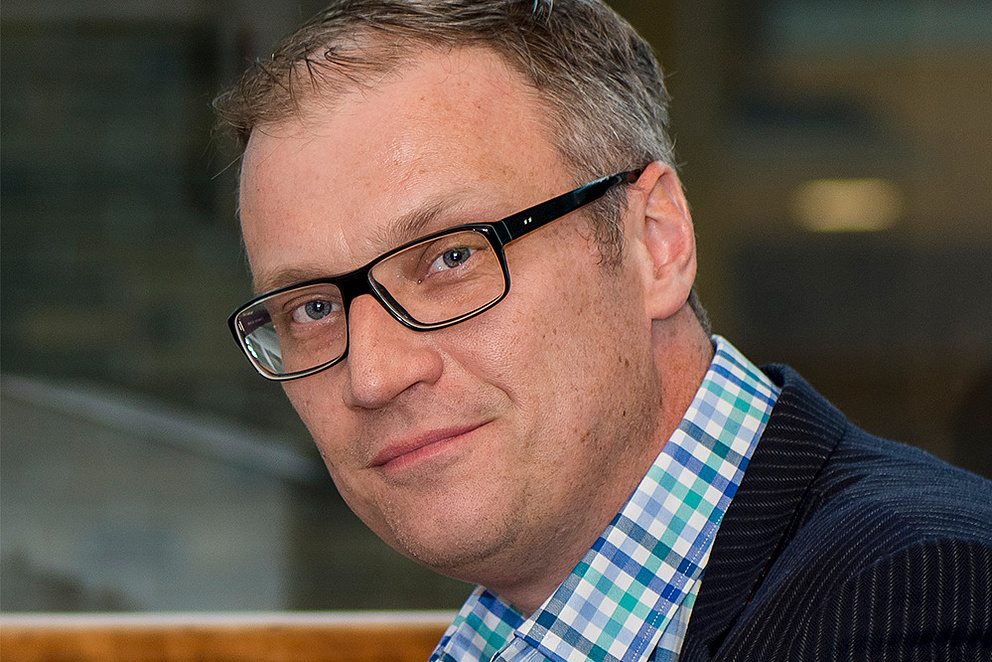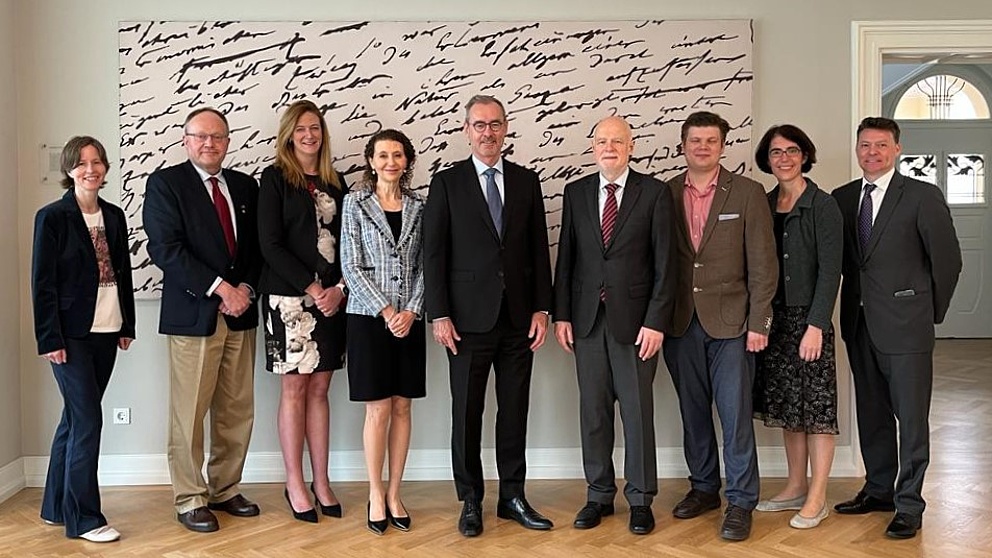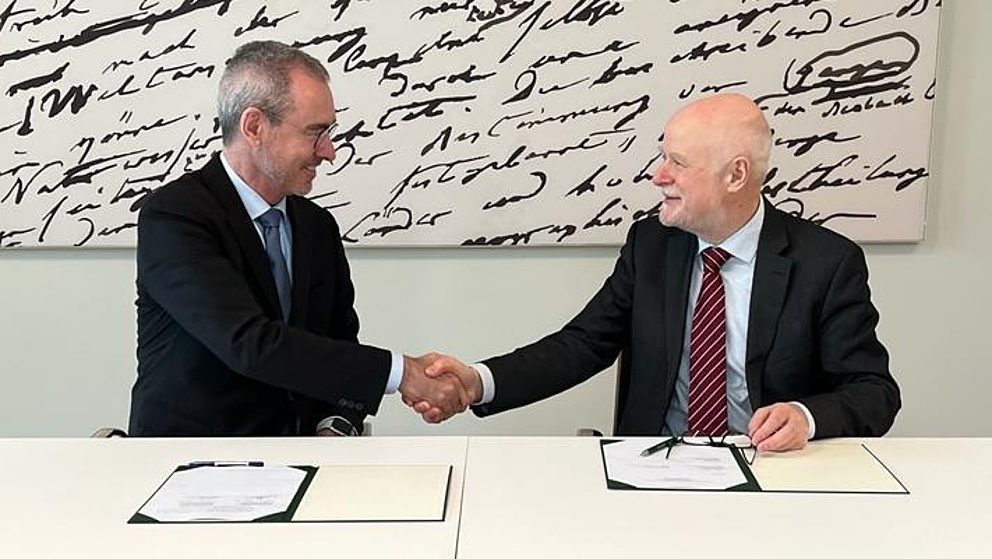

Contact
Press, Communications and Marketing
Tel.: +49 228 833-144
Fax: +49 228 833-441
presse[at]avh.de
The chemist Andrei K. Yudin is to receive this year’s Konrad Adenauer Research Award for strengthening scientific and cultural relations between Canada and Germany. Yudin is the Canada Research Chair in Medicine by Design in the Department of Chemistry of the University of Toronto. The internationally recognised scientist has developed a number of powerful tools for chemical synthesis. One aim of his research work is to develop new bioactive molecules which could be used to treat illnesses. Most recently, he has been working on takings findings from basic research and putting them into practical use in concrete medicines.
Andrei Yudin received his doctorate from the University of Southern California in Los Angeles, USA, in 1996. This was followed by a move to the Scripps Research Institute in La Jolla and subsequently to Toronto in 1998. He became an assistant professor in 2002 and was made a full professor in 2007. He has received numerous awards in the field of organic and medical chemistry and became a Fellow of the Royal Society of Canada in 2013. In his capacity as Associate Editor for the journal Chemical Science, which is published by the British Royal Society of Chemistry, he handles submissions in the area of organic chemistry.
With the Konrad Adenauer Research Award, the Alexander von Humboldt Foundation singles out researchers from Canada whose fundamental discoveries and findings have had a lasting impact on the award winner’s field even beyond their immediate research area and who, through their personality and research work, help strengthen scientific and cultural relations between Germany and Canada. The award comes with €60,000. The award winners are also invited to conduct a research project of their own choosing in Germany in collaboration with specialist colleagues there.
This year’s award winner Yudin plans to conduct collaborative research on the automated synthesis of bioactive macrocycles with Peter H. Seeberger from the Max Planck Institute of Colloids and Interfaces in Potsdam and other colleagues in Germany with the help of this award. This collaboration is expected to be an enrichment for both sides and could lead to important new technologies in the health sector because of Yudin’s experience with start-ups, among other reasons.

German-Canadian scientific relations are also to be further strengthened through the partnership between the Humboldt Foundation, the Humboldt Association of Canada and the University of Alberta. With this aim in mind, the President of the University of Alberta, Bill Flanagan, and other high-ranking university representatives and the Director of the Humboldt Foundation Liaison Office in Canada, Dietmar Kennepohl, visited the Humboldt Foundation in Bonn in late May. During the meeting, a Memorandum of Understanding from 2006 was extended. The aim of these efforts is to win over scientists for research stays in Germany and networking in Canada, develop and expand relationships between the Humboldt Foundation and Canadian science funding organisations and support the activities of the Humboldt Network in Canada in the future as well.

